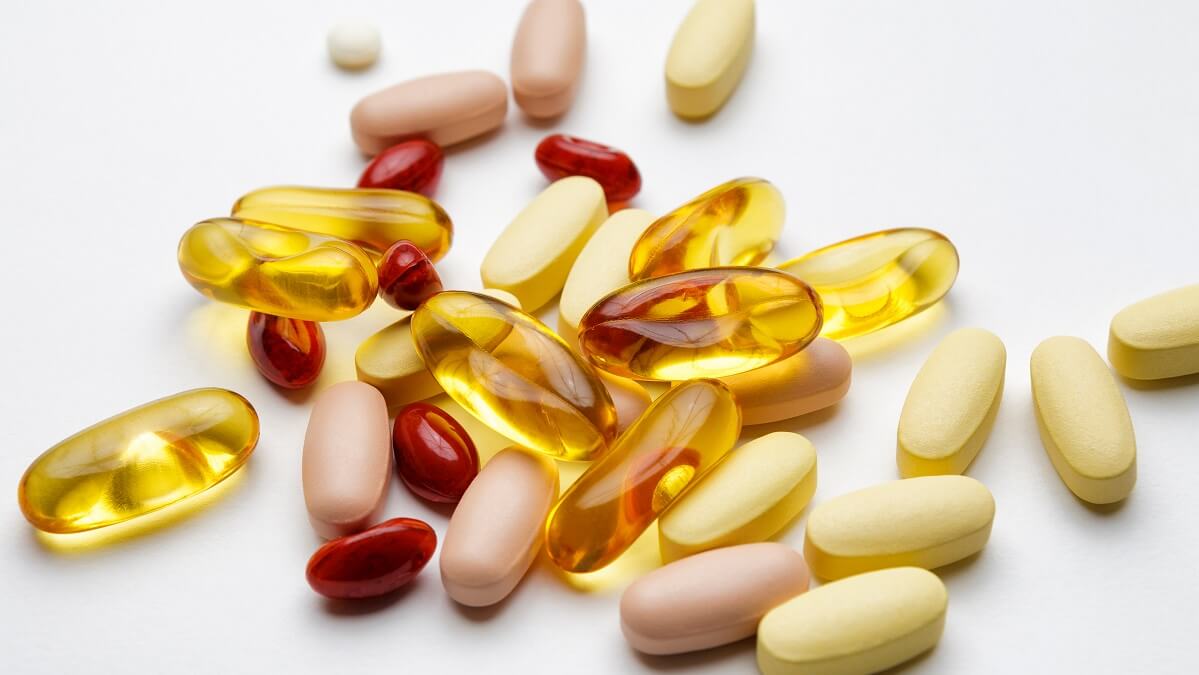As my body and mind slowly crumble with age, I’m always on the lookout for cures to what ails me. The latest medical science articles regularly catch my eye, particularly the ones about new supplements. If I can cure those ails with a supplement, or several supplements, why wouldn’t I?
This all sounds great in theory. But there are complications. First is the proliferation of supplements out there. These days even supermarkets have half an aisle or more of supplements.
But how do you choose? Do you need vitamin B3 or vitamin B12? Maybe you’ve heard good things about ashwagandha. Or will this ‘all in one’ vitamin supplement be all you need?
It’s pretty mind-addling stuff. And that’s just in the supermarket. A trip to your local health store or wholesale chemist will probably triple the choices available.
Second (as if you’re not already befuddled enough by the huge range available), do all or any of these supplements even work? And if they do, will they work for you?
Paying compliments to supplements
The good news is, many supplements do work. The value of ‘traditional’ vitamins – the ones you remember from childhood – thiamine (B1), riboflavin (B2), niacin (B3) etc – is backed by science.
But science has evolved since I was a kid, when the Kellogg’s Corn Flakes ad chanted, “thiamine, riboflavin, niacin and iron” in chugging steam-train style. Many new supplements are now available. How, then, do we sort the wheat from the chaff?
The first option is to adopt the modern catch-cry: ‘“’Do your own research.’”’ Again, that’s great in theory, but it does have its limitations, especially in today’s world, which is flooded with misinformation.
If you have the time, the energy and the understanding required, then peer-reviewed scientific papers are a reliable option. Few among us actually do have the time, energy or understanding to read many.
Alternatively, you could find a trusted source to distil the mountains of medical mumbo jumbo into simple advice. Even then, that’s a fraught process these days. Just how do you know who to trust?
London’s Times newspaper has come to our partial rescue this month. It asked a number of health experts for their take on some of the currently fashionable supplements.
Working from the top down, here’s what they had to say about these popular supplements.
Ashwagandha, Lion’s Mane and maca root
Respectively, these three supplements claim to reduce stress, boost brain health and cognition, and enhance mood. Nutritionist Sophie Bertrand looked at all three and found limited evidence for their effectiveness.
About Lion’s Mane, she concluded: “The research looks promising, but more is needed.” As for ashwagandha and maca root, the evidence is mostly anecdotal and very thin. Ms Bertrand even added a warning about ashwagandha: “Check with a medical professional before taking it as it may not be safe for people with certain health conditions.”
Astaxanthin
This supplement promises wrinkle reduction, and the evidence is a bit more promising here. Nutritional therapist Gabriela Peacock says there’s fairly good evidence from a 16-week trial that astaxanthin reduced wrinkles in women aged 35 to 60.
In further good news, Ms Peacock says astaxanthin might be helpful in preventing heart disease and some forms of cancer.
Given she’s a qualified nutritional therapist, we can have some confidence that she is not speaking poppycock.
Creatine, plant-based ‘collagen’ and sea moss
In order, these three supplements promise improved muscle health and fitness, healthier joints and tendons, and improved gut and thyroid health.
UK-based nutritionist Rob Hobson was asked to assess these three and it’s fair to say his assessments were mixed. He said there’s good evidence that creatine enhances muscle growth and recovery, but it’s probably useful mainly for athletes. It also comes with a risk of water retention and weight gain.
Sea moss contains high levels of iodine, which is good for both thyroid and gut health. That’s good, but Mr Hobson points out that the same levels are available in seaweed. “Sea moss is fashionable but nutritionally no better,” he says.
As for plant-based ‘collagen’, Mr Hobson is particularly sceptical. This supplement is “vegan friendly” because it uses genetically modified yeast and bacteria, but it isn’t collagen, says Mr Hobson.
“Any studies supporting the benefits of collagen supplementation cannot be transferred to so-called plant-based varieties,” Hobson says.
Supplements in summary
There’s no doubt that some of these ‘in’ supplements can be beneficial. However, it’s important to consider various factors before reaching for the shelf. For example, many of the active ingredients in supplements can be obtained through regular food. Astaxanthin, for instance, is found in salmon, trout and crayfish.
A healthy diet will render many supplements unnecessary. To find out which ones, if any, might be helpful to you, your best starting point remains your GP.
Do you regularly take any supplements? What are they? Is that based on advice from a GP? Share your thoughts in the comments section below.
Also read: A daily multivitamin may slow cognitive decline
Health disclaimer: This article contains general information about health issues and is not advice. For health advice, consult your medical practitioner.

